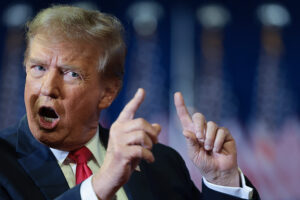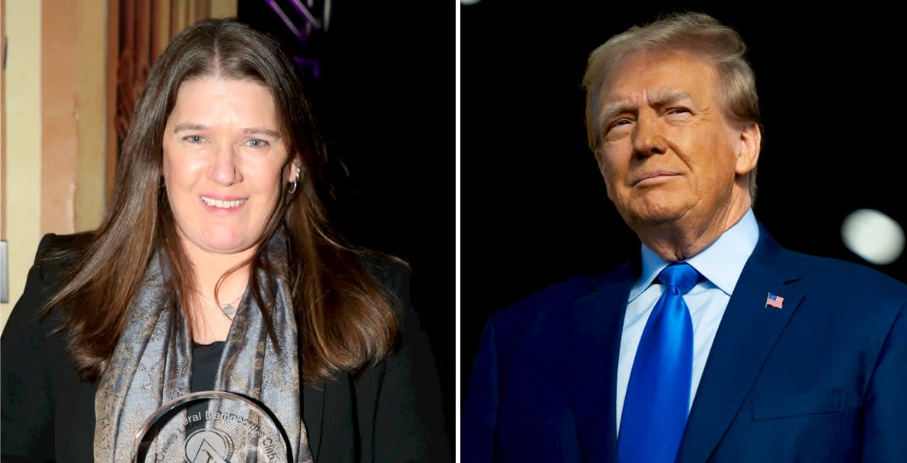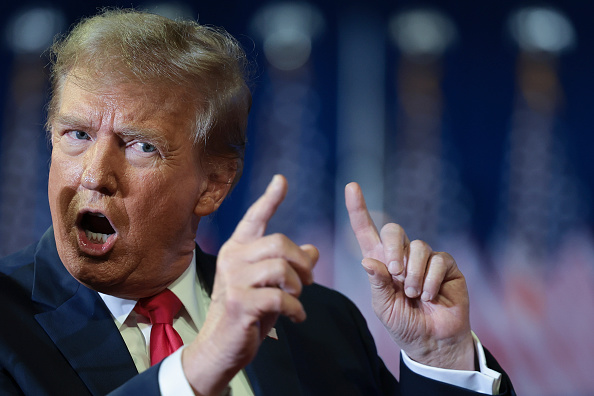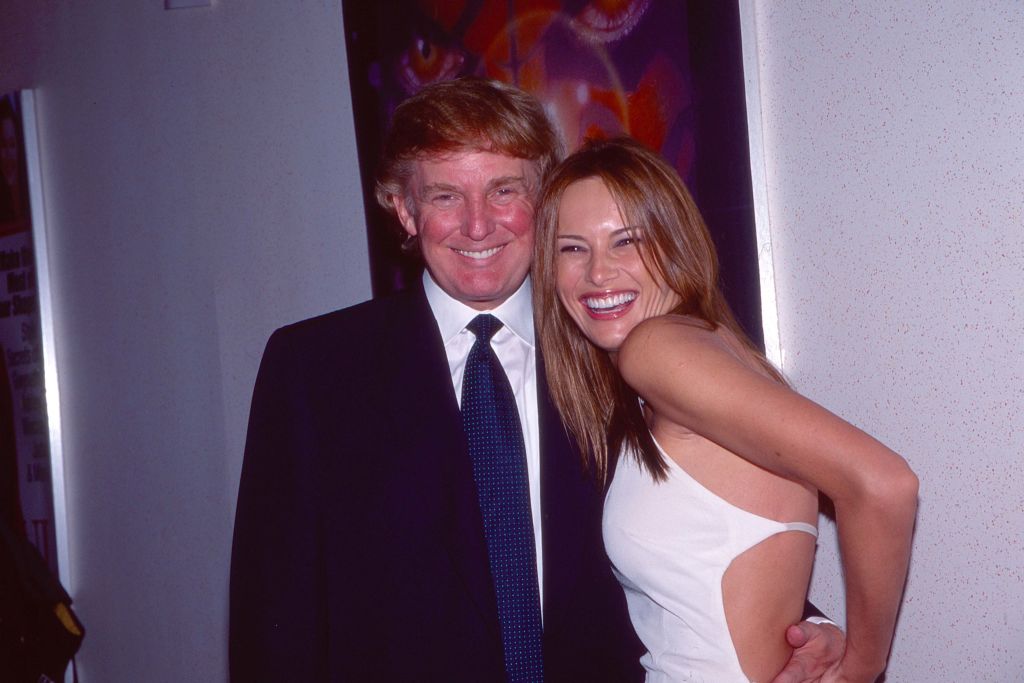In a recent Fox News town hall, Donald Trump left tongues wagging with a peculiar statement that sparked a flurry of reactions. “We’re going to take over Washington, D.C. We’re going to federalize. We’re going to have very powerful crime, and you’re going to be proud of it again,” declared the former president, inadvertently giving birth to what his niece, Mary Trump, swiftly labeled a “Freudian slip.”
The moment gained momentum online after the airing of the second part of the town hall event, drawing sharp comments from various quarters. Notably, conservative attorney George Conway quipped, “Why stop at just 91 counts?” in reference to the multitude of felonies the former president faces across four criminal indictments. Rick Wilson, co-founder of the anti-Trump Lincoln Project, took a sarcastic tone, tweeting, “I believe him.”
Mary Trump, a clinical psychologist and author, took the opportunity to delve into the broader landscape of her uncle’s cognitive state during an appearance on MSNBC’s “The Last Word” with Lawrence O’Donnell. She offered insight into the potential impact of immense stress on someone as mentally unhealthy as Donald Trump, suggesting that such individuals might find it challenging to maintain cognitive composure.
O’Donnell himself didn’t shy away from calling out the media for their apparent oversight in emphasizing Trump’s verbal fumbles. He pointedly noted that the “powerful crime” slip received minimal coverage, contrasting it with a hypothetical scenario involving President Joe Biden. “Imagine how many headlines there would be about that story if Joe Biden had said those exact words,” mused O’Donnell. The disparity in media attention raises questions about the scrutiny applied to different political figures and their verbal missteps.
The juxtaposition of Trump and Biden’s verbal acuity has been a recurring theme in the public discourse. Both leaders have had their fair share of linguistic blunders, often making headlines. The age and mental fitness of these figures have become focal points in the broader discussion surrounding the presidential race.
The incident not only highlights the importance of dissecting public figures’ words but also the role of media in shaping narratives. O’Donnell’s critique of the media’s selective coverage underscores the potential impact on public perception and discourse. In a world where political figures’ every word is dissected, the lens through which these words are presented can significantly influence public opinion.
Mary Trump’s characterization of her uncle’s verbal slip as a “Freudian slip” adds a layer of psychological interpretation to the incident, suggesting that the words may have revealed more than intended. The convergence of political commentary, psychological analysis, and media scrutiny creates a complex tapestry of perspectives around a seemingly offhand remark.
In the grand scheme of the political landscape, such incidents may appear as momentary blips. However, they contribute to the ongoing narrative surrounding the cognitive faculties of prominent figures, shaping public discourse and influencing the broader political narrative.









